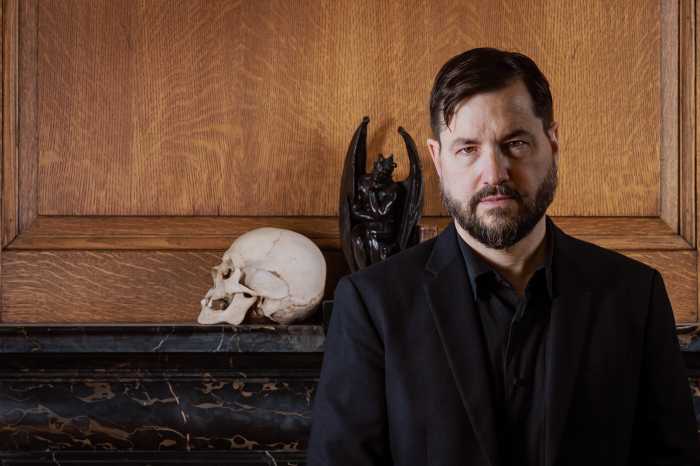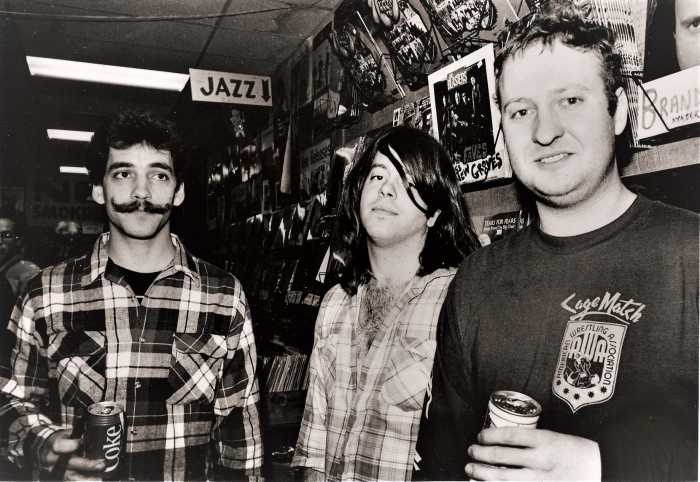BY ANDREY HENKIN | Jazz has wooed the string section occasionally during the past century – “Charlie Parker with Strings” from 1949 and “Clifford Brown with Strings” from 1953; a number of albums on the CTI label in the 1960s and '70s; and just last week at Birdland, with bassist Ron Carter's Nonet.
Quite frankly the resulting marriage has been a rocky one, with jazz too often slipping out after the strings fall asleep to see a more swingin' lady.
Carter's nonet – the leader on piccolo bass, Boots Maleson on double bass, pianist Stephen Scott, drummer Payton Crossley, percussionist Rolando Morales-Matos, and a quartet of cellists led by Kermit Moore – experienced the same conjugal distress during its set at the West Side club on March 6.
Ron Carter's nonet goes wrong with a quartet of celloists.
This is an occasional 21st century project of Carter's, best known as the bassist in Miles Davis' classic '60s quintet. Though points must be given for an conceptually adventurous format, on the whole the band never gels in the way so many groups that Carter, quite possible jazz's most recorded bassist, has been a part of do.
Perhaps it is that the primary melodic responsibilities fall to Carter and Scott, creating a flat dynamic and little in the way of variety across an hour-long set. Or maybe it is that the cellos – and Moore, who has been part of good and bad jazz with strings experiments through the decades, should know better – were never fully integrated into the arrangements, dropping out for long periods and then stumbling back in awkwardly.
Maybe jazz standards like “All Blues” are not well-suited to this particular instrumentation and certainly one questions why a percussionist was even needed on the gig.
It also might be easy to blame the sheer number and length of Carter's bass solos – insert bad bassist joke here – but they were actually the highlight of the evening. Given that Carter had to propel the music forward, he played far outside his usually perfectly elegant style, inserting moments of brashness and avant garde sensibility into his leads.
When it was just Carter, supported by Maleson, Scott, and Crossley, it was a solid if somewhat muted jazz quartet; add in all the other elements and Frankenstein's monster rose from the table, lurching wildly, not really knowing what it was.
Carter has earned the right to try anything he damn well feels like and get booked to do it but that doesn't mean it is going to work.


































